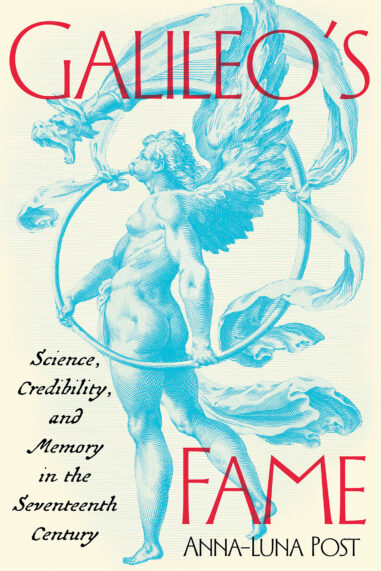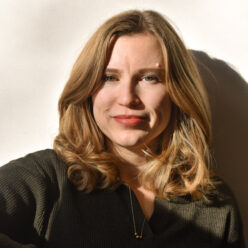
Hardcover $36.00
Request Exam or Desk Copy. Request Review Copy
Galileo’s Fame
Science, Credibility, and Memory in the Seventeenth Century
There is a story that fame was created in the Enlightenment. But long before that, Galileo Galilei became the famous father of the theory of planetary movements. His defense of his radical ideas and the international debates over science made him one of Europe’s first famous people. In Anna-Luna Post’s brilliantly crafted work, we see not only the origins of modern fame but just how important it was to the legitimacy and the maintenance of scientific authority. Post’s historical lessons seem very pertinent in our own turbulent times. This is a must read for anyone interested in the history of science and media.

